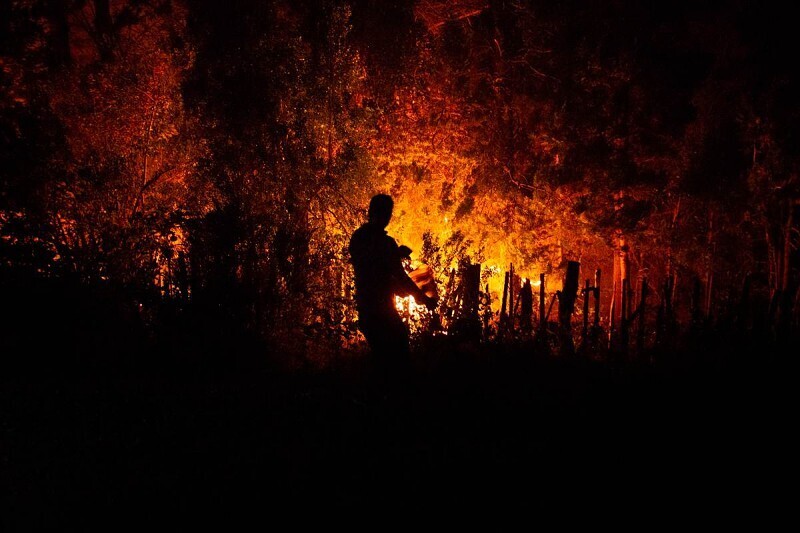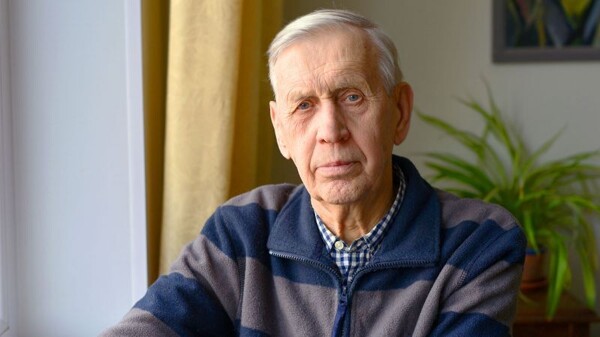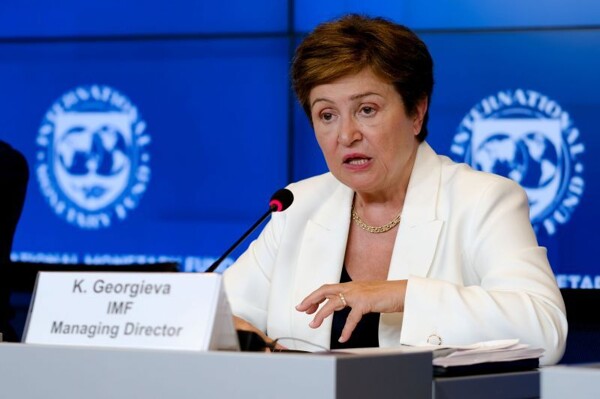
The train will continue receiving donations on Mondays, Tuesdays, and Wednesdays at all stations along its route. At least five simultaneous fires are affecting communities, fauna, and flora in Argentine Patagonia. The fires have impacted more than 10,700 hectares in the region, according to the Emergency Committee.
The governors of Río Negro, Alberto Weretilneck, and Chubut, Ignacio Torres, confirmed that some fires were intentional and threatened to imprison those responsible. On the other hand, figures such as Javier Milei, Patricia Bullrich, Ignacio Torres, and Alberto Weretilneck have been accused of spreading biased information and promoting racist and fascist hatred.
Various donation collection points are active in CABA and Buenos Aires to help the affected neighbors, indigenous communities, and volunteer firefighters fighting the fires. In this regard, the Coordinator of the Mapuche Tehuelche People's Parliament of Río Negro requests cooperation to acquire necessary supplies, such as chainsaws, water pumps, animal feed, among others.
Additionally, the collection of donations has been enabled for groups of firefighters and volunteer brigades combating the fire, such as the Mallín Ahogado Forest Brigade, the Self-Managed Brigade of the Andean Region, the Spoon and Mud Brigade, and the Argentine Association of Mountain Guides. A campaign has also been launched to raise funds and help students who lost their homes due to the wildfires.
The Patagonian Train has departed from Viedma to Bariloche with donations of mineral water, non-perishable food, fruits, masks, work gloves, and other supplies. The wildfires have affected several areas, such as Los Manzanos, Mallín Ahogado, Nahuel Huapi National Park, Epuyén, Atilio Viglione, and Lanín Park, leaving one person deceased and one hundred houses destroyed.
Popular solidarity remains strong with donation collection points in Buenos Aires, although communities report complicity and abandonment by the State, as well as persecution against the Mapuche people. In a context where biased information and fake news abound, the need for attention and support for the affected communities is urgent.













